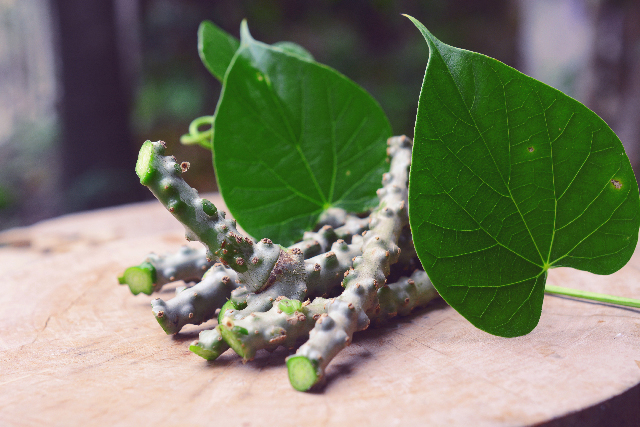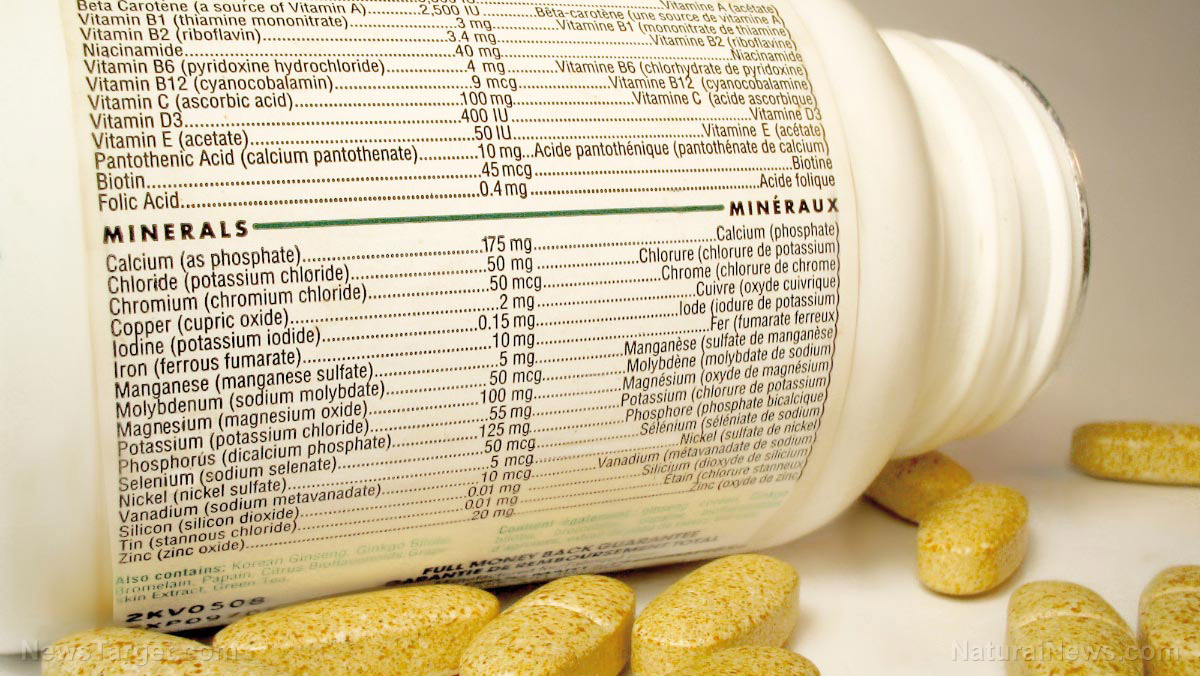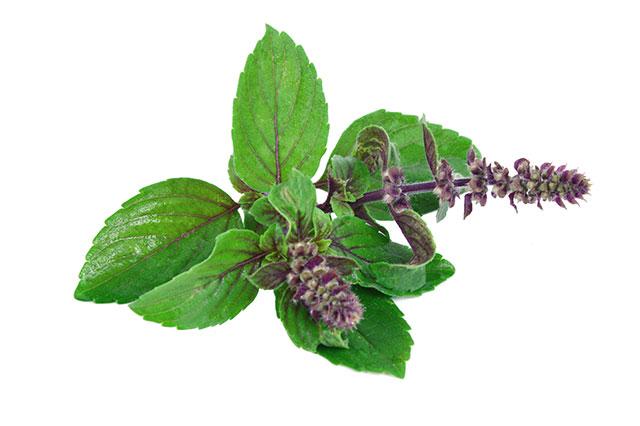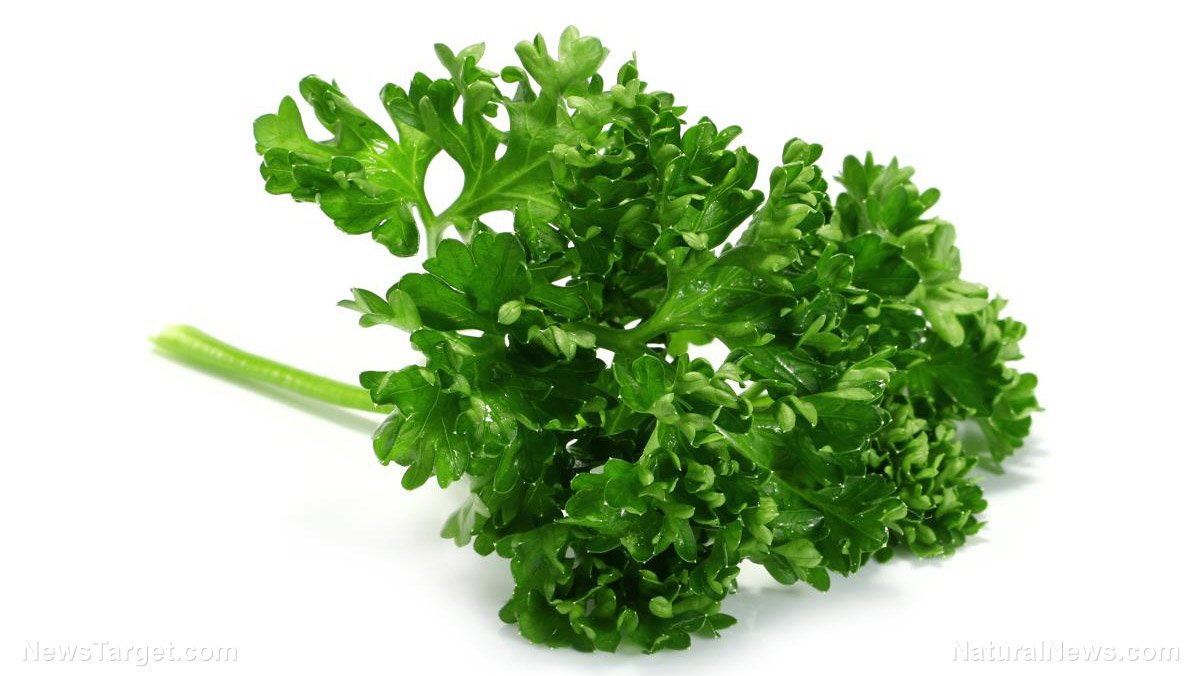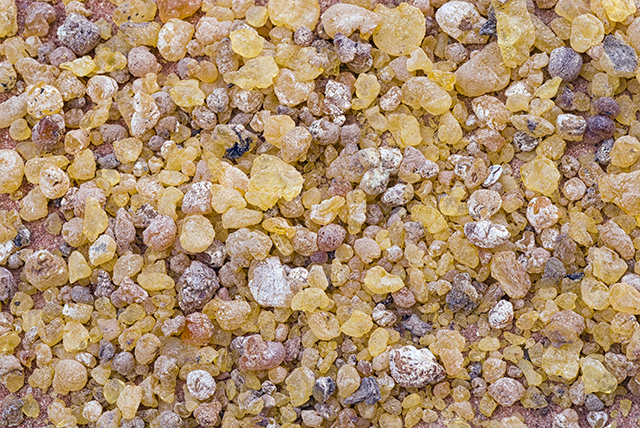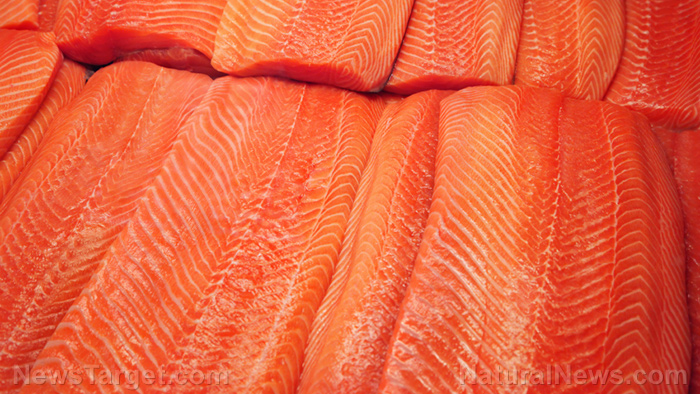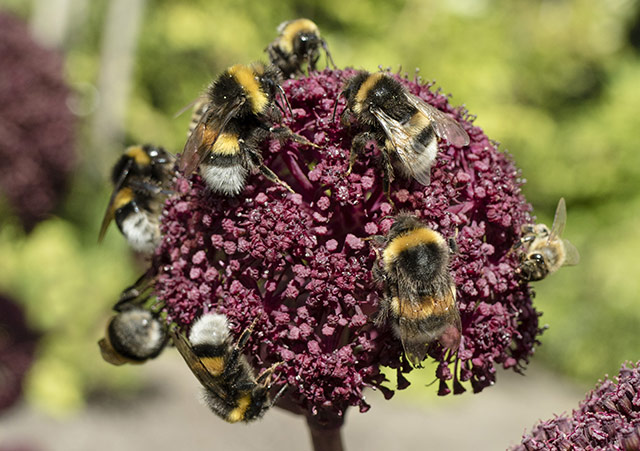A compound from the cheese fruit found to demonstrate anti-cancer properties
10/09/2018 / By Ellaine Castillo

A study published in BMC Complementary and Alternative Medicine revealed that nordamnacanthal, also called NDAM, has anti-breast cancer activities. NDAM is an anthraquinone extracted from the cheese fruit (Morinda citrifolia), which is known for having immunomodulating and cytotoxic activities.
Breast cancer is the most common type of cancer in women. Aside from this, it also remains as the second main cause of cancer death in women even with the advancements in screening and treatment. Although the exact cause of breast cancer is still unknown, some risk factors include age, genetic predisposition, body weight, and radiation exposure.
Treatments, such as radiation therapy, hormone therapy, and chemotherapy, help remedy cancer. However, these treatments have limited success because of the potential side effects they have that can cause further damage.
Previous studies have shown that NDAM possesses many biological activities in vitro. In this study, researchers made use of in vivo and in vitro experiments to test the cytotoxic activities of NDAM.
The in vitro experiments that were conducted included MTT, cell cycle, and Annexin V/PI assays. Cell lines used for these assays were MCF-7 and MDA-MB231. The MTT assay served as a preliminary test for nordamnacanthal cytotoxicity. While, cell cycle and Annexin V/PI assays were done to determine the mechanism of cell death induced. Based on the results, NDAM reduces cell viability in a dose-dependent manner. This means that higher concentrations of NDAM will lead to a higher degree of cell viability reduction. Aside from this, it was also observed that NDAM increases the number of cells undergoing early and late apoptosis.
An in vivo subchronic toxicity study was also performed to see if NDAM would be toxic to 4T1 murine breast cancer cells-challenged mice. This was done by feeding mice with either low or high doses of NDAM daily for 28 days. No mice deaths or significant weight changes were observed after this period, which means that NDAM was not toxic to the mice. In addition to this, aspartate aminotransferase (AST), alanine aminotransferase (ALT), alkaline phosphatase (ALP) levels in the serum were also unaffected. The levels of these components are good indicators that no hepatic injury occurred since these should not leak into the bloodstream unless there is damage on the hepatocytes.
Lastly, mice were sacrificed for the tumor and organs to be harvested after the 28 days of treatment. The volume and weight of tumors extracted from NDAM-treated 4T1 were observed to be lower compared to the control. Immunophenotyping of the spleen showed that there were changes in the levels of different immune markers.
The results of this study show that nordamnacanthal is a potential cancer remedy since it exhibits important anti-cancer activities.
Other foods that exhibit anti-cancer properties
Aside from the cheese fruit, here are other foods that lower the risk of cancer:
- Broccoli – Sulforaphane is a potent anti-cancer agent found in broccoli. Studies have shown that sulforaphane can reduce the number and size of breast cancer cells by up to 75 percent in vivo.
- Tomatoes – Research shows that the antioxidant lycopene, commonly found in tomatoes, is stronger than other antioxidants. In order to get as much lycopene as possible from a tomato, be sure to cook it.
- Cinnamon – In vivo and in vitro studies have shown that cinnamon slows down the spread of cancer cells and also inhibits their growth. Two to four grams of cinnamon should be added to a person’s diet to feel its benefits.
- Turmeric – Curcumin is a component found in turmeric known for having many health benefits. These benefits include preventing the spread and growth of cancer cells.
You can read more studies about different cancer remedies by visiting Cancer.news today.
Sources include:
Tagged Under: anthraquinone, anticancer, breast cancer, cheese fruit, Morinda citrifolia, natural cures, natural medicine, NDAM, nordamnacanthal, tumor inhibition


